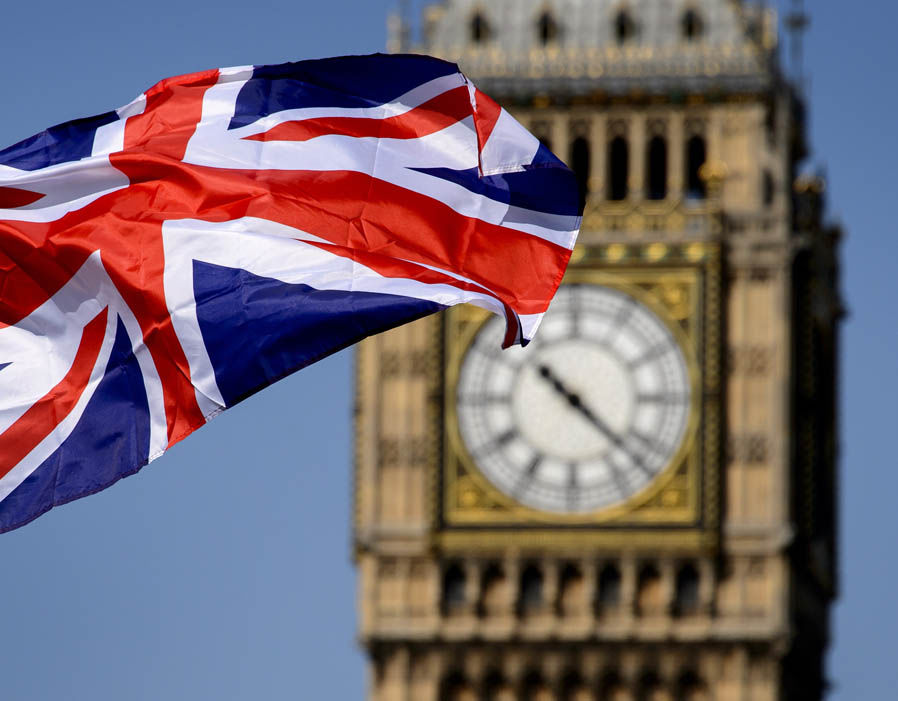Brexit & the divorce
July 19, 2017 | Expert Insights

The European Union is willing to “stall” negotiations with the UK over Brexit if the latter does not present proposals for calculating the U.K.’s financial obligations.
According the Guardian, tense meetings have occurred as the negotiations are underway. The biggest thorn being the “divorce bill” which amounts to roughly £66 billion.
Background
On June 23, 2016, Britain voted to leave the European Union. A year later, negotiations have commenced during which the roadmap for the exit is being drawn up. During the first round of meetings, UK declared that it will provide all European citizens living in the UK with a “settled status.” But the biggest barricade will be the divorce bill. It seeks monetary compensation from the Britain for the debt it has through 44 years of EU membership. The settlement will also cover the various commitments that the UK had made during its tenure in the EU, including pledges made by former British Prime Minister, David Cameron.
Analysis
Neither party has released an official number on how much the exit bill will cost. But some commission briefings have put it between €20 billion and €100 billion. British negotiators have dismissed the £66 billion divorce bill charge. UK’s Foreign Secretary told MPs that European leaders can “go whistle” if they expect Britain to pay a divorce bill.
The British government through a statement to the Parliament acknowledged that it owed financial “obligations” to the EU. This has reportedly eased the intensity of the meetings.
The British negotiators have pushed back on the narrative on UK’s unpreparedness noting that such claims were unfounded.
There will be three more rounds of Brexit talks held between the UK and the EU. It will take place in August, September and October. If EU officials feel that the meetings have yielded sufficient progress, then talks will commence on the future of trade.
The UK is set to officially leave the EU on March 29, 2019.
Assessment
Our assessment is that a consensus on the financial settlement is unlikely to arrive until the very end of these negotiations. With UK acknowledging its debt, the negotiations will likely ease further.








Comments